Dhaka, Dec 03 (V7N) – The survey results were disclosed during a press conference held at the TIB conference room on Tuesday.
The survey highlights that the most corruption-prone service was passport issuance, with 86% of households reporting corruption when accessing passport services.
Additionally, 85.2% of households faced corruption when seeking services from the Bangladesh Road Transport Authority (BRTA), 74.5% when interacting with law enforcement agencies, and 62.3% when availing judicial services.
The survey covered 15,515 households, with 51.4% of respondents being male, 48.5% female, and 0.1% identifying as third gender. Among the heads of households, 23.4% were involved in agriculture or fisheries.
The survey found that the highest bribes were paid for passport services, with nearly 74.8% of households paying bribes for this service.
The average bribe across all service sectors amounted to Tk5,680. The highest average bribe, however, was for judicial services, where households paid an average of Tk30,972.
Barisal Division reported the highest rates of corruption and bribery, with 82% of households affected by corruption and 61.9% experiencing bribery.
According to the survey, the total estimated bribe amount across the nation for 2023 stands at Tk10,902.3 crore, with the land sector accounting for the highest share at Tk2,513 crore.
From 2009 to April 2024, the estimated total bribe amount nationwide in the service sector reached a minimum of Tk146,252 crore.
At the event, TIB Executive Director Dr Iftekharuzzaman emphasized: “The findings of this survey provide a stark illustration of the deep-rooted corruption that affects service sectors across Bangladesh.”
He highlights the extent to which bribery and corrupt practices have infiltrated essential public and private services.
TIB chief said this survey not only exposes the challenges faced by citizens when accessing services, but also reflects the broader systemic issues within government and certain private institutions, undermining public trust and hindering the country's development.
END/MSS/AJ



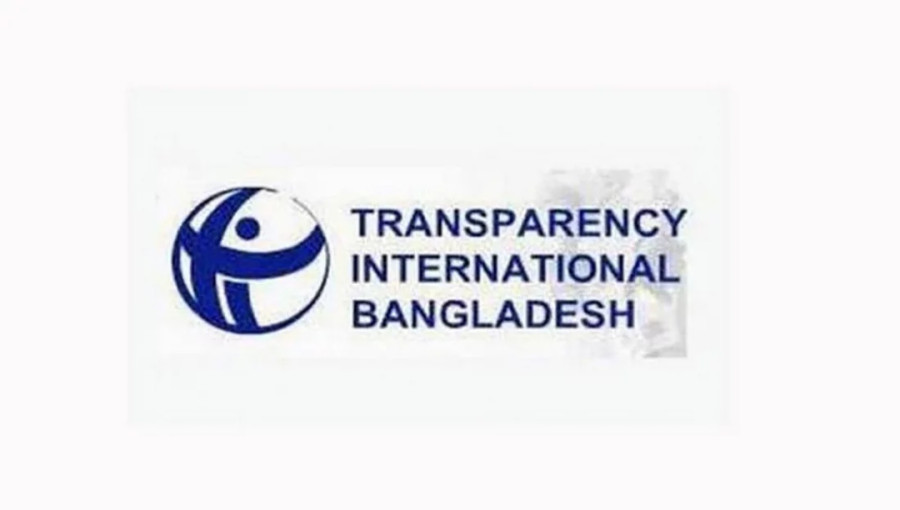
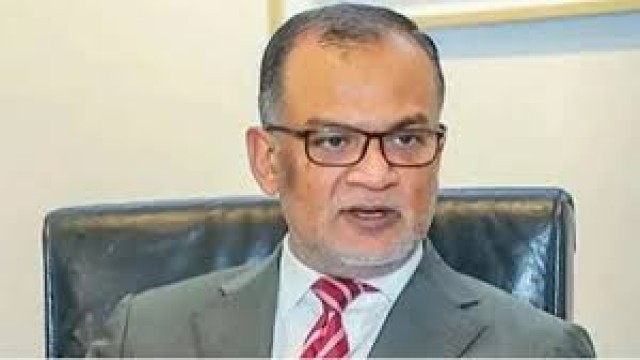
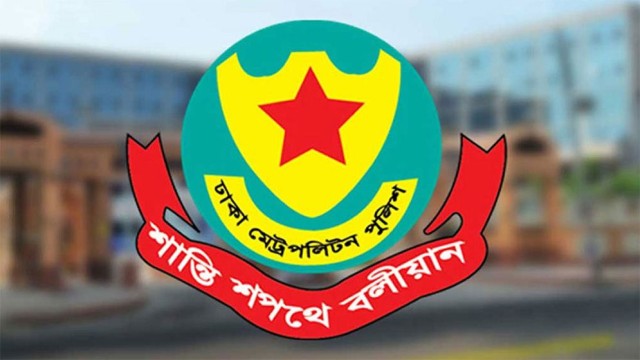
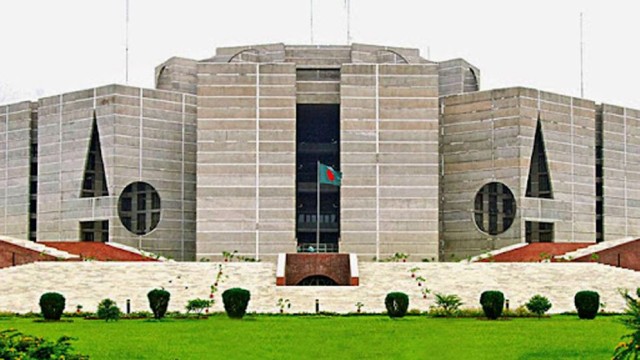
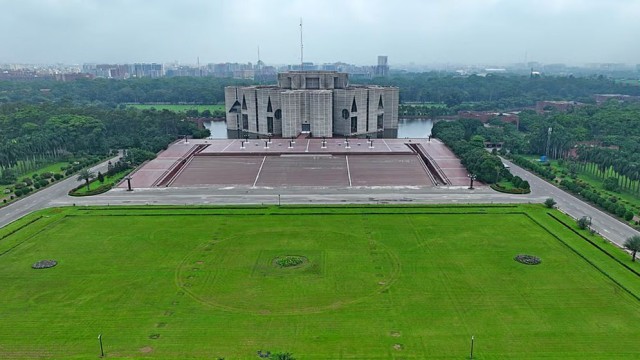

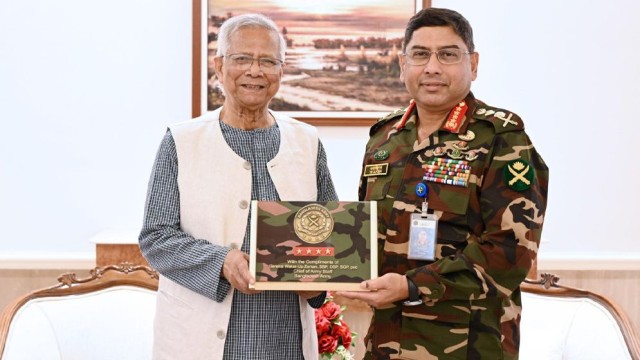
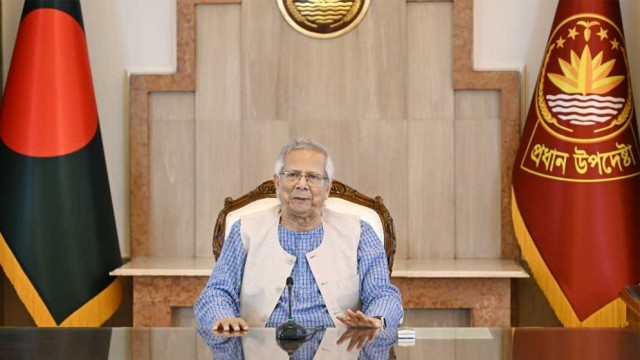
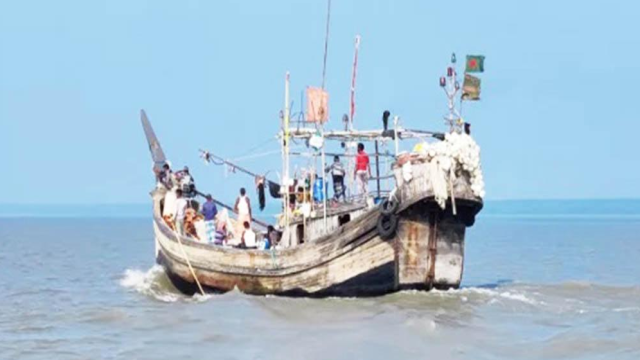
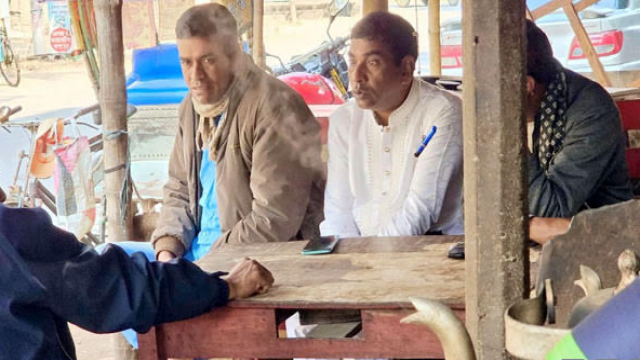


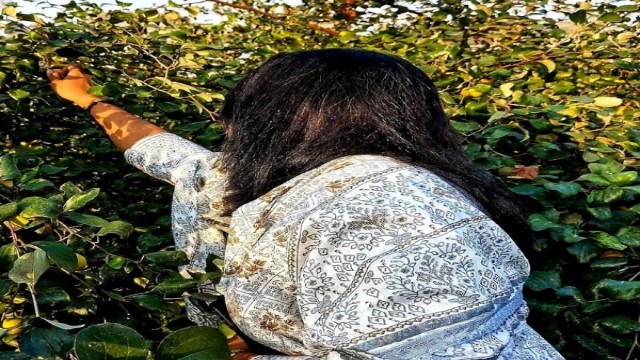
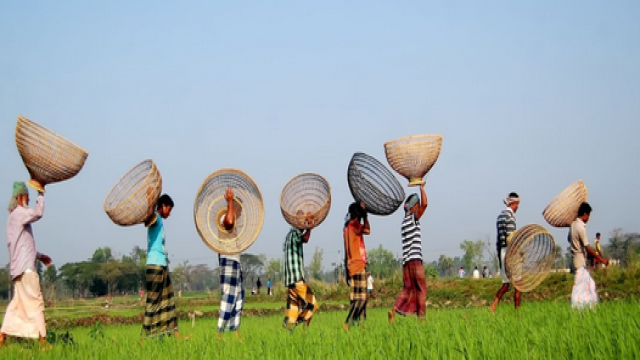
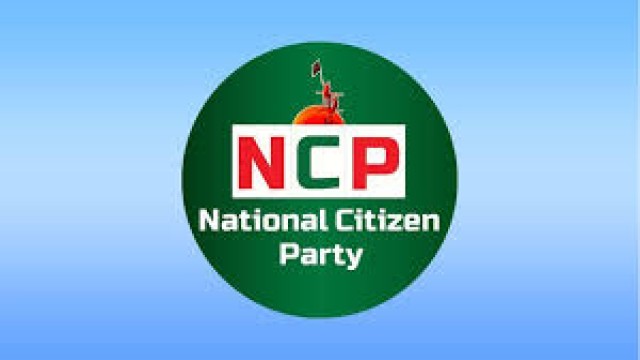
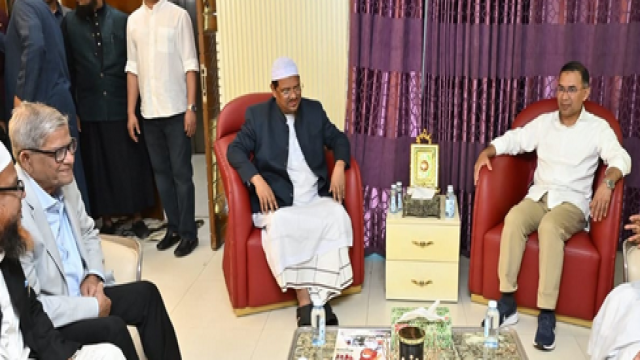











Comment: